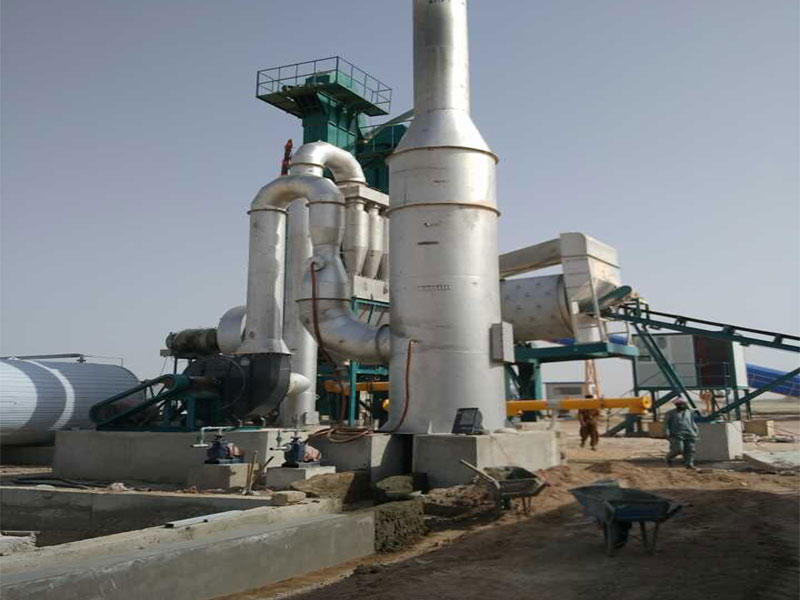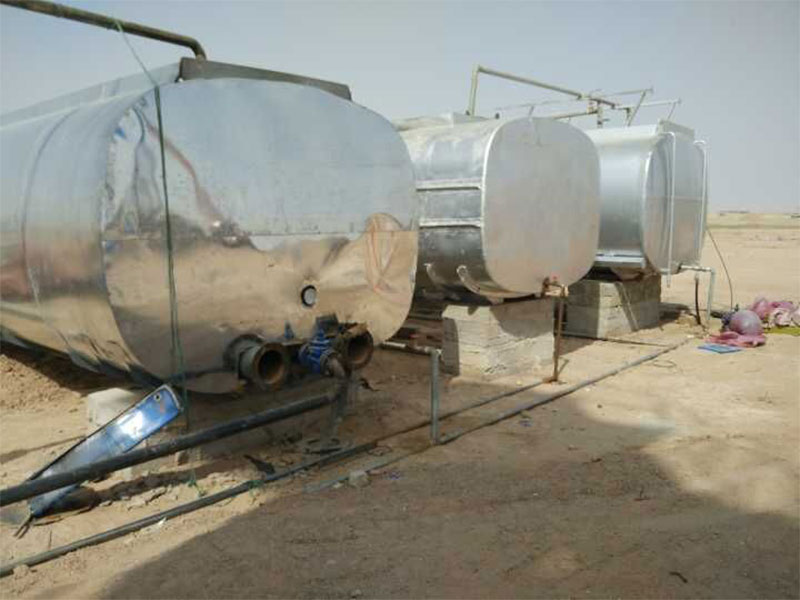Asphalt, a vital component in modern road construction, provides a durable and smooth surface for our transportation networks. However, the production of asphalt can have environmental implications, particularly in the case of asphalt mixing plants.
Emissions Control
One of the primary environmental concerns related to mesin amp aspal is air pollution. The production of asphalt involves heating and drying aggregates, which can release volatile organic compounds (VOCs) and particulate matter into the air. To address this issue, modern asphalt mixing plants are equipped with advanced emission control systems.
a. Baghouse Filters: Many asphalt plants are equipped with baghouse filters, which capture particulate matter from the exhaust gases. These filters are highly efficient in reducing airborne particles, helping to improve air quality around the plant.

b. Venturi Scrubbers: Venturi scrubbers are another emission control technology used to capture and remove dust and pollutants from the exhaust. They work by using a combination of water and high-velocity air to trap particulate matter.
c. Asphalt Drum Mixers: Some plants utilize drum mixers that help reduce emissions by lowering the temperature at which the asphalt mix is produced. This results in reduced emissions of VOCs and greenhouse gases.
Energy Efficiency
Another environmental aspect of asphalt mixing plants is energy consumption. The process of heating and mixing asphalt requires a significant amount of energy. To minimize the environmental impact, manufacturers and operators are implementing energy-efficient practices.
a. Use of Renewable Energy: Some asphalt mixing plants with a low harga amp aspal are powered by renewable energy sources such as solar or wind power. This reduces their reliance on fossil fuels and decreases greenhouse gas emissions.
b. Insulation and Heat Recovery: Improving insulation in the equipment and implementing heat recovery systems can reduce energy wastage and lower fuel consumption during the asphalt production process.

Recycling and Reuse
An effective way to reduce the environmental impact of asphalt mixing plants is through recycling and reusing materials.
a. Reclaimed Asphalt Pavement (RAP): RAP is the process of using old asphalt pavement materials in new mixes. It not only conserves resources but also reduces the need for virgin aggregates, decreasing the environmental footprint.
b. Warm Mix Asphalt (WMA): WMA is an innovation that allows asphalt to be produced at lower temperatures. This not only saves energy but also reduces emissions of greenhouse gases and VOCs.
Sustainable Practices
Sustainability is at the forefront of many industries, including asphalt production. Asphalt mixing plant operators are increasingly adopting sustainable practices.
a. Water Management: Proper water management practices, including recycling water used for dust control and equipment cooling, can help minimize water usage and reduce the environmental impact of the plant.
b. Noise Reduction: Noise pollution is another concern near asphalt mixing plants. To mitigate this, sound barriers and acoustic enclosures can be used to reduce the impact of plant noise on nearby communities. View more details from AimixGroup.id/Indonesia/.
c. Land Use and Biodiversity: Responsible site planning and land use considerations can help protect local ecosystems and biodiversity. Implementing green infrastructure and preserving natural habitats are ways to support local ecosystems.
Conclusion
Asphalt mixing plants play a crucial role in infrastructure development, but their environmental impact cannot be ignored. However, through advancements in technology and the adoption of sustainable practices, the asphalt industry is actively addressing these concerns. By focusing on emissions control, energy efficiency, recycling, and sustainable practices, asphalt mixing plants indonesia are working toward a more environmentally friendly and sustainable future. It is essential for both manufacturers and operators to continue embracing these initiatives to minimize the environmental footprint of asphalt production while meeting the growing demand for quality road surfaces.